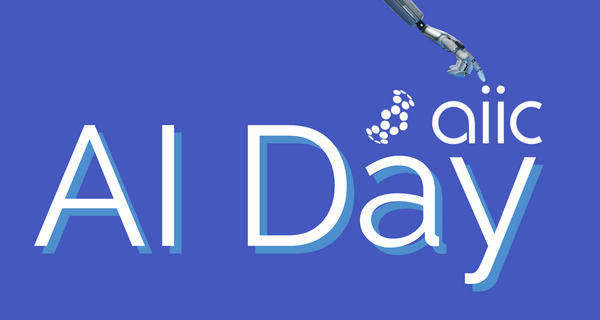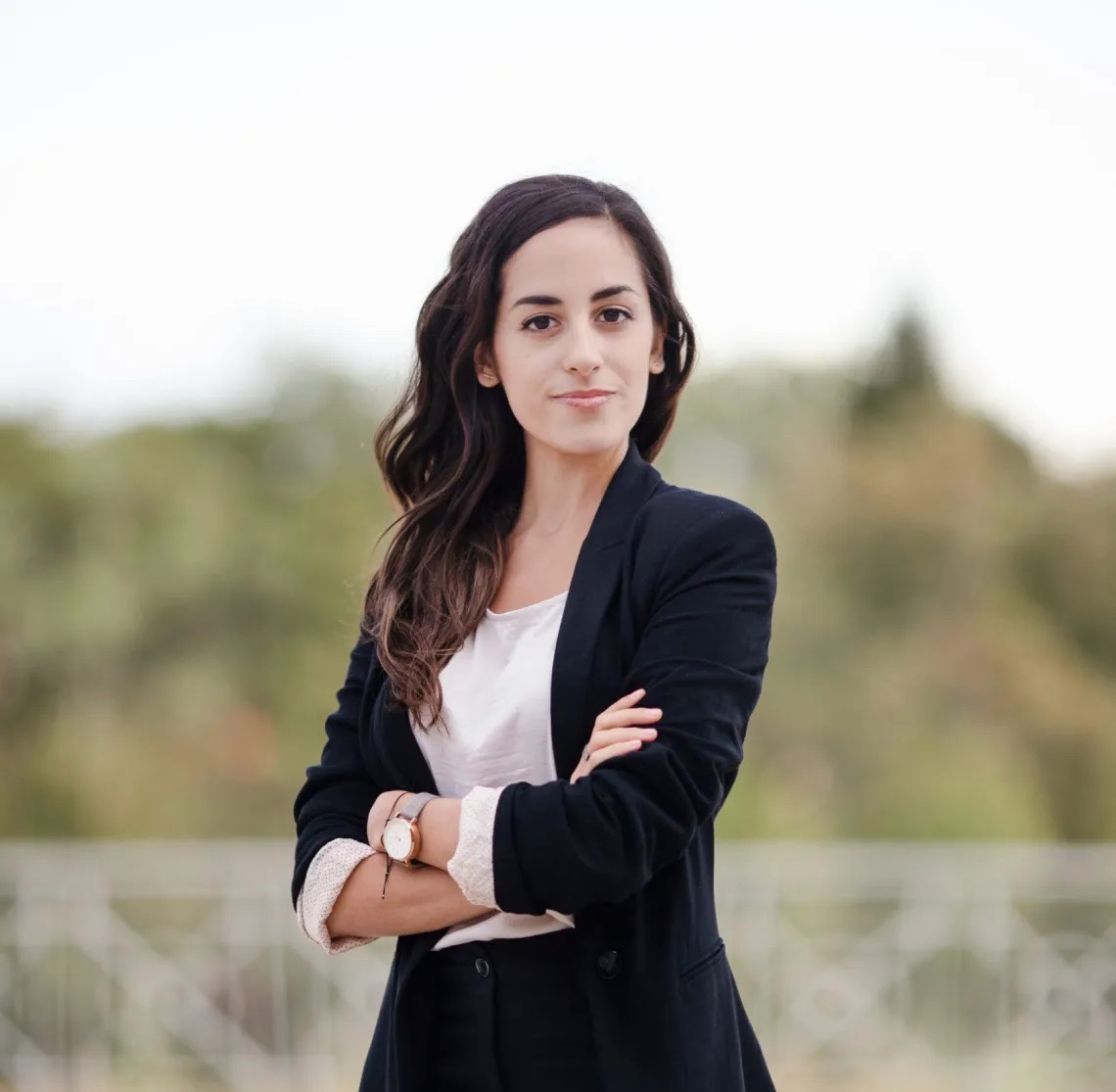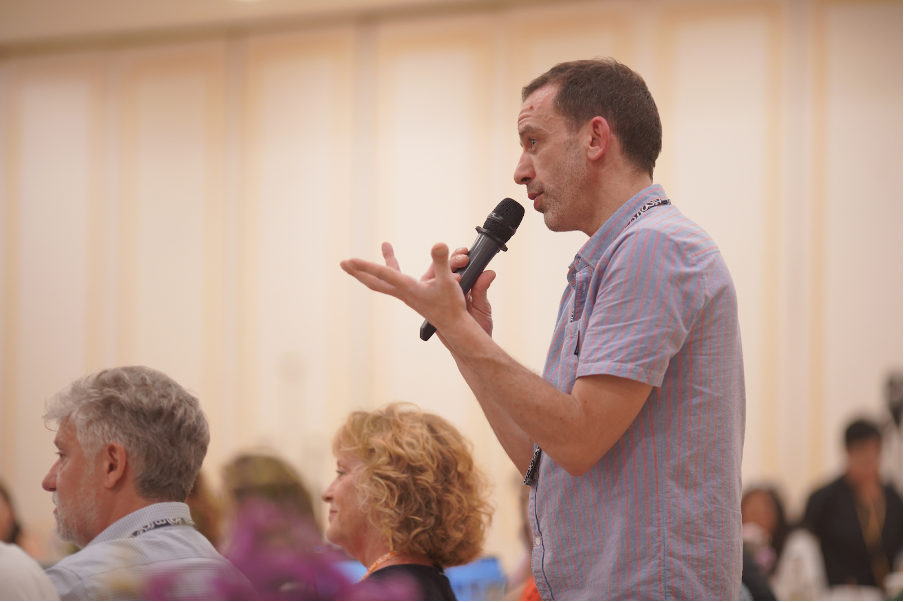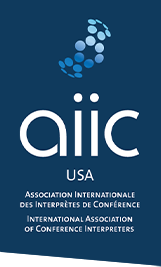
AI Day: Panel Discussion
Organiser : AITF,
Type: Bodies, groups, committees
Location : FAO Viale delle Terme di Caracalla Rome IT
Logistics permitting, various AI tools designed for interpretation will be "tested" during the afternoon.
The Panellists
 |
Bianca Prandi received her doctorate in Translation Studies at the University of Mainz and is now a postdoctoral assistant and lecturer in Interpreting Studies at the University of Innsbruck. Her research focuses on interpreting technologies, in particular computer-assisted interpreting, human-machine interaction in interpreting and cognitive aspects of interpreting. She was a guest lecturer at the Postgraduate Centre of the University of Vienna and regularly collaborates with professional associations and educational institutions such as the University of Trieste and the University of Forlì. She is a member of the VKD and the EST (European Society of Translation Studies). For a full list of publications see https://orcid.org/0000- |
|
 |
Prof. Floris Roelofsen is founding director of SignLab Amsterdam (www.signlab-amsterdam.nl/) and of the Language Sciences for Social Good research programme (https://language-science.nl/) |
|
 |
Tomás Pereira Ginet-Jaquemet is a conference interpreter, AIIC member, translator and researcher based in Paris since 2007. He is one of two AIIC France experts involved in drafting the new AFNOR/ISO standards, including the one on remote interpreting. He was also a member of AIIC's former Technical and Health Committee (THC) and coordinator of its former Artificial Intelligence Working Group (AITF). He is also a former member of the AIIC Professional Delegation to UNESCO. He is a graduate of Sorbonne Nouvelle Paris 3 (M2 LLCER Recherche), where he was a doctoral student, and has been teaching interpreting and technical translation at this university (Paris 7 Diderot/ Paris 3 ESIT) since 2018. Particularly concerned about the impact of new technologies on interpreters' professional practices and health, he raises awareness of videoconferencing systems/remote interpreting platforms and AI solutions for interpreting among interpreting professionals and the general public at seminars and training courses organised by AIIC and other professional interpreters' and translators' associations. |
|
 |
A writer and philosopher, Éric Sadin is one of the leading thinkers on digital technologies, their features, their economic dynamics and their social, political and civilisational impact. |
Volunteers
Colleagues with EN and FR who are interested in volunteering during the afternoon session should contact Tomás Pereira Ginet-Jaquemet.
Getting to FAO
Metro
Line B (the blue one) stops in front of the staff entrance to FAO. If you are coming from Termini, this is the easiest way to arrive at the venue. The metro station is underneath the central railway station, just follow the signs for direzione Laurentina to head in the right direction.
Tram
The #3 tram stops outside FAO on Viale Aventino. You can get this from Trastevere Station or on Viale Trastevere ( Ministero dell’Istruzione) if you are staying in Trastevere.
Buses
Lots of buses stop in front of FAO on Viale Aventino, or across the street on the corner of Via del Circo Massimo.
Car
Arriving by car isn’t really advisable due to the lack of parking options. If you plan on arriving in Rome by car, consider parking further out and getting the metro to FAO.
Entering FAO
The visitors' entrance is on Viale Aventino, next to the metro station. All attendees will be required to leave ID at the entrance.
Location
Rome,
